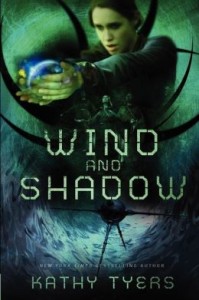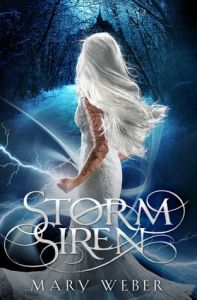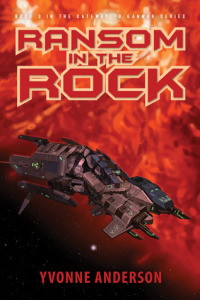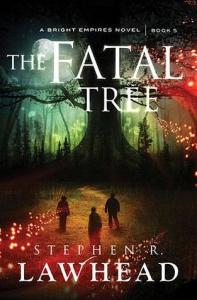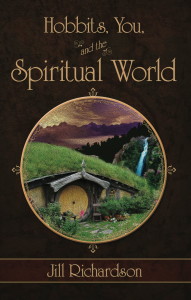 by Jill Richardson
by Jill Richardson
Why read fantasy? Isn’t it escapism? Shouldn’t a Christian be more concerned with this world, rather than spending time reading about things that aren’t even real? Concentrate on the real battles, not epic ones with dragons and wizards.
Every believer who reads fantasy has heard these, and other, objections. We don’t necessarily need to defend our choices, but we would like to be able to enter the conversation with some arguments on our side that fantasy reading, and writing, is far from a waste of a believer’s time.
Here are three suggestions.
Fantasy fights cynicism with hope
The world isn’t a very trusting place. In fact, each generation seems to be getting a little more cynical. What is truth? Is there such a thing as a selfless hero? What are they trying to sell me beneath the story?
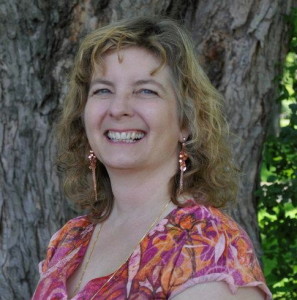 Much of literature is keeping up with this cultural climate. It’s dark, hopeless, and angry. Yet in the middle of that, we pay millions to see Thor defeat evil and Captain America save the world. Again. Because somehow, we want to believe.
Much of literature is keeping up with this cultural climate. It’s dark, hopeless, and angry. Yet in the middle of that, we pay millions to see Thor defeat evil and Captain America save the world. Again. Because somehow, we want to believe.
With its focus on epic battles between good and evil, fantasy breaks into the prevailing disbelief to offer hope. It’s hardly escapist. Terrible things happen in these stories. As Sam says in The Two Towers (movie version), sometimes it’s hard to believe life could go on when so much evil has happened.
But it does. Good triumphs, and light shines.
Christians who read and write fantasy can enter the culture’s conversation with stories that show heroes can sacrifice themselves, honest people can win, and “there is some good in this world—and it’s worth fighting for.” That is a huge antidote in a world that no longer believes in absolute good yet hungers for it at the same time.
Fantasy Offers Tools for Our Struggles
Even a lowly hobbit can save his world. He doesn’t have to find amazing battle skills or magic power. He just has to find . . . his courage.
Most of us feel more like hobbits than wizards. In the face of trouble, we would prefer to go back to second breakfast. But when we read of Bilbo’s willingness, Frodo’s sacrificial spirit, Sam’s loyalty, or Eowyn’s steadfastness, we see a bit of ourselves after all.
They are not perfect, and they are not powerful. Knowing that, we realize we have access to the same tools and gifts. We aren’t fighting dragons or Dark Lords, but we are fighting darkness. We fight “against mighty powers in this dark world” (Ephesians 6.12).
Fantasy heroes, flawed but willing, can help bolster our own willingness and faith for the challenge.
Fantasy Points to God’s Intent
Tolkien defended fantasy by saying that there is nothing wrong with a prisoner who wishes to escape his prison. He argues that the world in its present state is, in fact, a prison where we were never meant to live.
In an alternate world that offers hope, good wins, against the odds. Peace prevails. Restoration happens. Whatever the true kingdom is in that world, it returns.
That’s also what happens here. Good fantasy can start a conversation about what this world was meant for and where it’s going. Is there a Kingdom here as well that will return, has returned, and awaits its complete fulfillment when peace and good reign? Are there heroes at work here and now ringing in that kingdom wherever they can?
It’s hardly escape. It’s a photograph of reality as God always intended. It’s an invitation to renewal, and it transcends worlds.
Author Bio:
Jill’s love for hobbits and elves comes from her time as a literature teacher and as a lifelong reader of great stories. She also loves an epic challenge and a chance for grace wherever they exist. Jill is Pastor of Discipleship at Resolution Church in Illinois. She is the author of Hobbits, You, and the Spiritual World, a devotional for teens.
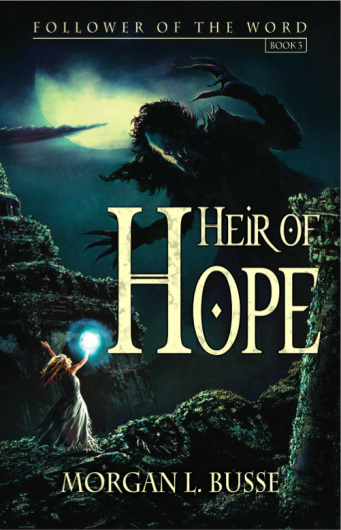 Heir of Hope by Morgan L. Busse, third and final book of the Follower of the Word series
Heir of Hope by Morgan L. Busse, third and final book of the Follower of the Word series
